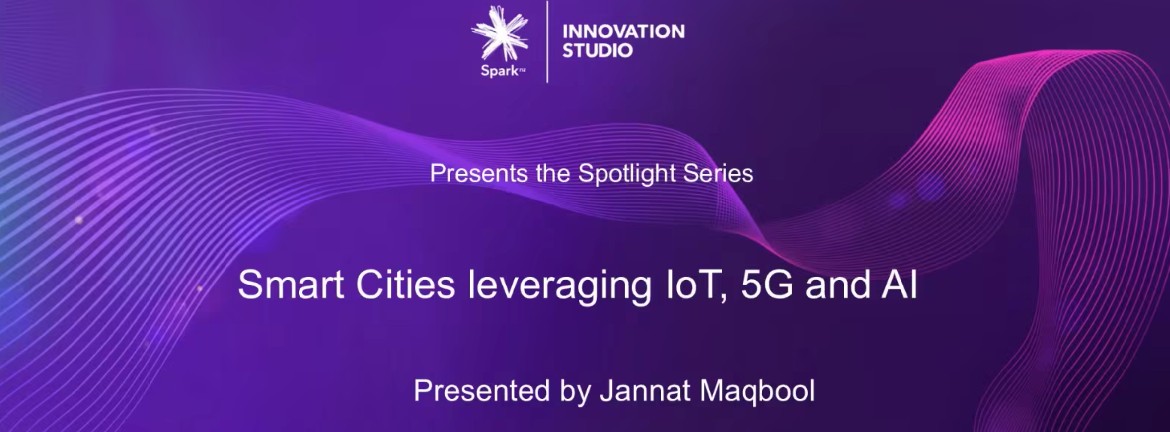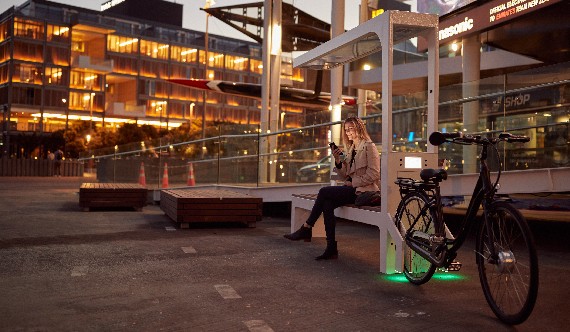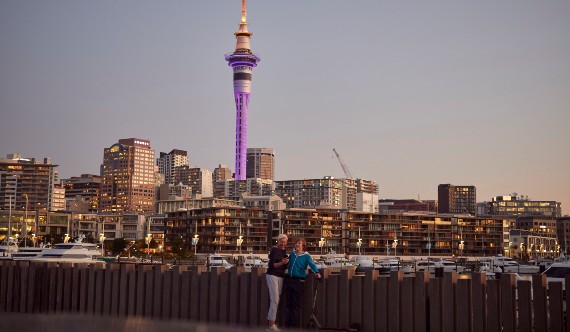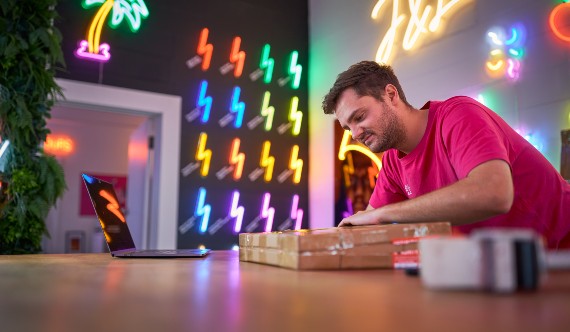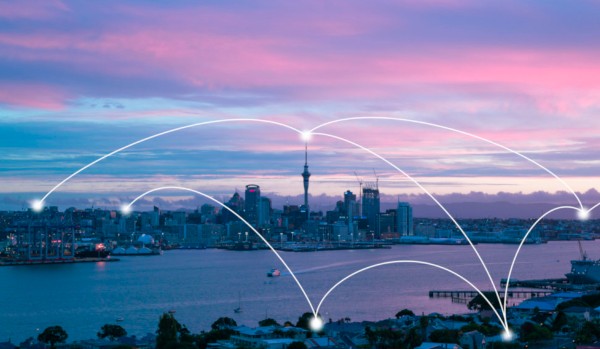About the speaker:
Jannat Maqbool – Director, NZ Smart Cities Council Australia New Zealand (SCCANZ)
Jannat is an Australian born Punjabi and mother of three based in the Waikato. She is a CPA and former CIO with a Masters in Digital Business and is actively engaged in the New Zealand technology ecosystem. Jannat's initial career, spanning more than 10 years, was in the financial services industry leading mid to large-scale technology adoption initiatives including releasing NZs first online origination system for finance.
Following that period of her life Jannat spent more than a decade in the vocational education sector, and more recently Jannat has been involved with supporting digital inclusion and enablement initiatives in the Waikato, including as Smart Cities Advisor at Hamilton City Council and Tech Sector Lead at Te Waka: Waikato Regional Economic Development Agency.
With a focus on leveraging technology in innovative ways to benefit individuals, organisations and communities, Jannat is the Director - NZ at Smart Cities Council Australia New Zealand and Principal Advisor – IoT, Agritech and Fintech across Asia Pacific with Ecosystem, a technology research firm based in Singapore.
Jannat is also a Trustee at Web Access Waikato Trust and Hamilton Multicultural Services Trust, Chair of the Waikato Intercultural Fund, on the Executive Council at NZ IoT Alliance and TechWomen NZ, and a board member at NZ Tech and the Waikato Wellbeing Project.
Additional questions:
Questions from the webinar audience answered by Jannat Maqbool.
Smart City and PPP model? How do you see the future of PPP model with SC domain?
The future is to cast the net wider across sectors including those that local government may not normally think to engage with or at least as deeply in terms of a smart cities approach e.g. into the finance sector where an investment in IoT to collate data over 5G and run analytics to get insights into and take better care of the environment would also be useful for sustainable finance and businesses needing to make climate change related disclosures.
We could partner and co-invest for the same overall outcome - people and planet. We infact also need the collaboration so that stakeholders can focus on what they do best and the relationship pulls together the thinking and capability in coming up with solutions. That is how people and organisations operate best. We shouldn't be trying to be all things to all people on our own. Working together is the key to a movement.
How do IoT and AI help electric vehicle management (charging/ maintenance etc)?
One example is to enable system-wide efficiency through monitoring and managing energy consumption across the grid, including usage patterns and demand, plus predicting and better scheduling maintenance requirements. Another is analytics based on what is happening in real-time providing information on available charging station location and guiding the driver.
Perhaps even connecting that to the car itself through an agreed data sharing approach so that its a pro-active approach where the car is "thinking" for itself. Similarly while at the charging station again through agreed data sharing the station could be collating details on the vehicle's current maintenance status and reporting that through to book an appointment for maintenance or simply just tweeking settings in the vehicle itself to optimise performance for the benefit of the user, infrastructure and environment.
How much impact will "international standards" have on the widespread adoption of a Smart City initiative?
New Zealand needs to be at the table when standards are developed to ensure they are relevant in a New Zealand context. We don't need to reinvent wheels but we do need to "adapt" where necessary what is working overseas to consider what is important here. There are great starting points and some of what is happening elsewhere translates well however the opportunity is to localise a smart cities movement and all that entails.
What would be the optimal approach of developing Smart City tools in an eco system that still use older technology (that are becoming tech debts)? Thinking that many cities and councils still operating on older (clunky?) technology - should we build Smart Cities tech on top of these?
That is part of tailoring the approach to context. We need to allow for those situations. It needs to be part of the strategy. The driver being outcomes and undertaking a cost assessment comparing options. Remember it isn't about the tool it is about what a tool can do. If maintaining and leveraging existing infrastructure alongside new investment is the best approach then stick with that. Investment from solution providers should also consider this as an option as well as always approaching the demand side after having done their homework to truly understand the customer and their current situation before proposing a suite of new products/services.
How long do you think it will be before AR and VR technologies are widely used to visualize smart cities and the data they produce? Do you see these technologies being used? or is there a better alternative?
Depends on the outcome you are seeking. People consume information in different ways and so this can be used as a way to inform and engage people. I think we will see more applications of technology such as through an approach that is focused on where it is best applied and ensuring access as well as privacy and security.
I wonder if we should value tech innovations in terms of the decisions we might take, with the information we get... ie understanding the instant use of electricity could be interesting to know, but if we didn't act, is it worth knowing? Or do we leave to the AI to manage?
If we focus on the outcome and the end customer/user/participant and there is alignment with the investment in solutions then the benefit will be realised. Its when we come up with a solution looking for a problem that we go off track.
Take Smart Access Enterprises (https://smartaccess.enterprises/) for eg they have developed an App for the disabled community to help people plan a safe journey before leaving their house, no matter what their ability levels is.
Detailed data and photos on 40 different variables identified through extensive consultation with the disabled community is collected, with all information easy and free for the public to access. This crowd sourcing of data from those that will benefit from the solution is a great example of optimal investment for benefit realisation.

